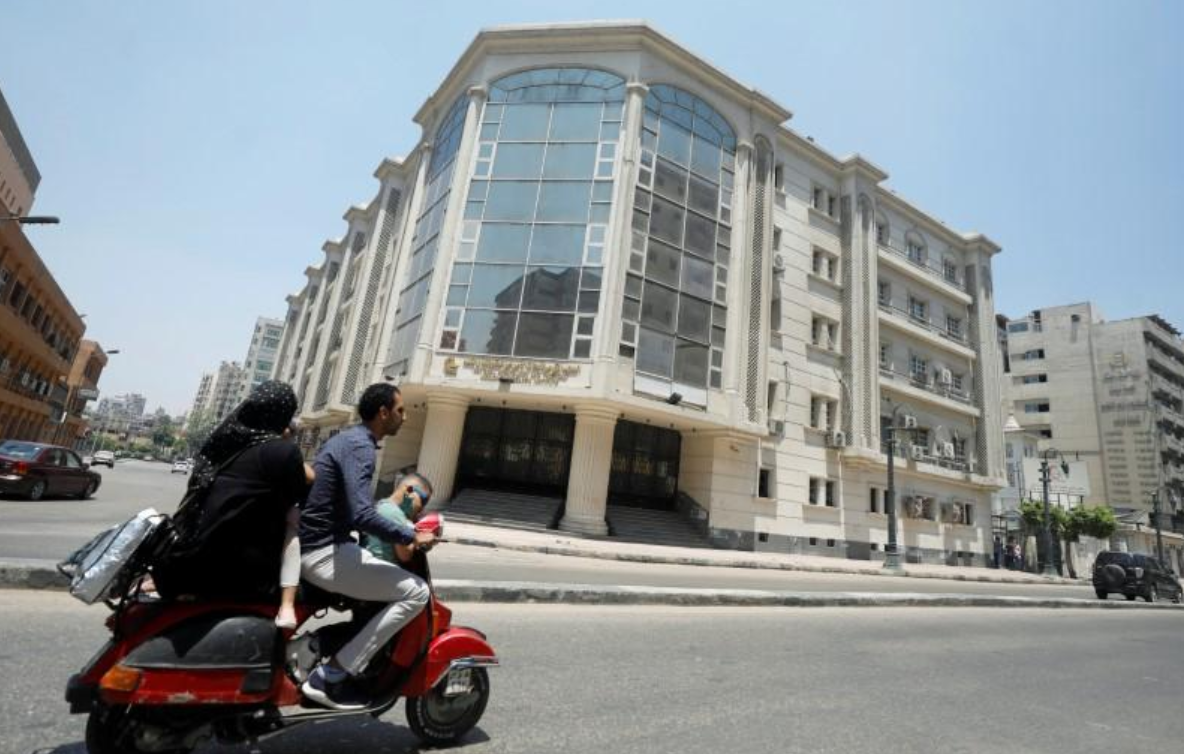
Minister of Planning Hala al-Saeed said that the developed countries has offered around dlrs 16 trillion incentives to face lockdown due to coronavirus pandemic.
Saeed’s remarks came on Monday during the inauguration of a number of national projects in Alexandria in presence of President Abdel Fattah al-Sisi.
The recent years witnessed several crises and shocks that led to instability in the supply chains and increase in the prices since the end of 2021.
The successive crises affected all the countries of the world including Egypt, she said, adding that the crises started with closures of Covid 19 that was followed by the Russian-Ukrainian crisis.
When the pandemic started, it caused a full lockdown in a number of countries, she said.
She added that when the Russian-Ukrainian crisis started, it led to instability in the supply chains and severe shortage in commodities.
Saeed said that 53% of the world exports of sunflower seeds are from Ukraine, 14% of the world exports of wheat are from Russia and Ukraine and 17% of the world production of gas is from Russia and Ukraine.
Saeed said that the US, China and Europe are main players in the global economy as they represent 50% of the world production, adding that according to the expectations the global growth rates will decrease and will not exceed 2.7%.
The whole world is expected to enter a state of stagnation, she said.
Saeed asserted that Egypt has taken several steps to face the crises and reduce their impact on the citizens.
There are three important indexes to put the economic policy of the state including achieving sustainable economic growth, suitable levels of employment and stability in the general level of prices, she added.
Egypt achieved big balance in the total economic policy indexes, she said, adding that the average growth rate in 2021 reached 7.1%, the employment rate reached7.4% and the average inflation rate reached 5.2%.
There are medium and long term plans to improve the Egyptian economy, she said.
Saeed said that the Egyptian government has taken a number of measures to rationalize its expenses, adding that the state pumped some goods at reduced prices in the markets to reduce the impact of high prices.
The medium-term plans help the state to face the crises, she said.
The plans include achieving social justice via providing services in the different areas of the country including schools, hospitals and health units, Saeed added.




